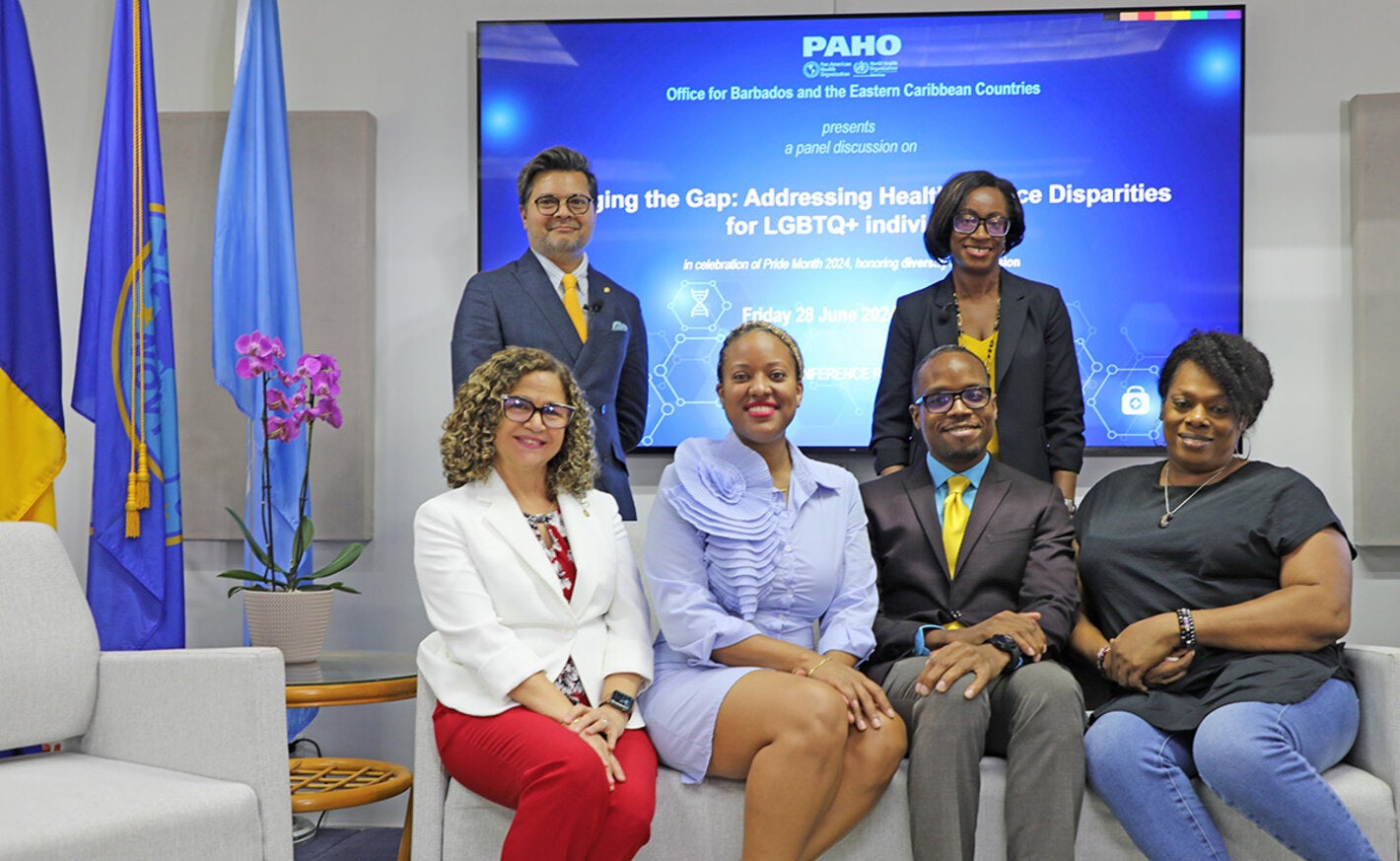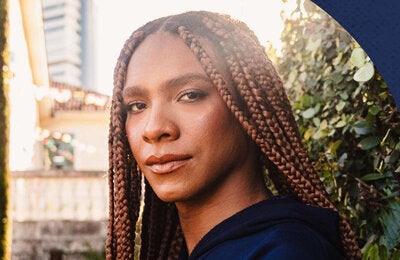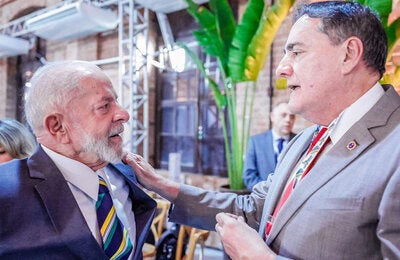
Bridgetown, Barbados, 28 June 2024 (PAHO) - In recognition of Pride Month, the Pan American Health Organization/World Health Organization (PAHO/WHO) Office for Barbados and the Eastern Caribbean Countries (ECC) in association with Equals Barbados hosted a hybrid panel discussion on Bridging the Gap: Disparities in Health Service Access and Utilization for Lesbian, Gay, Bisexual, Transgender Queer and Intersex (LGBTQI+) Individuals’.
The panel discussion featured panelists Aysa Saleh, Regional Gender Advisor, PAHO/WHO; Remington Forde, Board Member, Equals Barbados; Dadrina Emmanuel, Transgender Activist; and Kerriann Peart, International psychologist/health equity and health systems consultant. Equals Barbados is an organisation that promotes social inclusion and stigma free access to LGBTQI+ people in Barbados.
The discussion provided a welcoming forum to discuss inequities in health care services experienced by LGBTQI+ individuals and a safe space to share personal experiences.
In her opening remarks, PAHO/WHO Representative for Barbados and the ECC, Dr. Amalia Del Riego, stated that through the discussion, “PAHO would be addressing health disparities for LGBTQI+ because we are conscious of barriers to health care.”
Dr. Del Riego remarked that in the context of Universal Health, “to advance toward the goal of health care for all, everyone everywhere must have equitable access to health.”
Citing the Sustainable Development Goals (SDGs), Dr. Del Riego said the SDG theme is leaving no one behind, adding that health is a fundamental human right and the specific needs of the LGBTQI+ community must be addressed.
During the 52nd Session of the Directing Council of PAHO in 2013, PAHO Member States adopted Resolution CD52.R6 Addressing the Causes of Disparities in Health Services Access and Utilization for Lesbian, Gay, Bisexual, and Trans (LGBT) Persons. Dr. Del Riego lamented that 10 years later, a progress report on Addressing Health Disparities highlights key findings, including ongoing challenges. There have been areas of improvement in health service access and utilization for LGBTQI+ individuals, but the reality, she said, is that there is still much to be accomplished.
Several insights were shared during the panel discussion.
Barriers that LGBT persons face in accessing and utilizing health services
Panelists shared instances of discrimination when seeking health services, including receiving stares from health facility staff in response to their sexual orientation, and having concerns about whether their confidentiality is protected. The resulting discomfort creates unease when asking for certain services such as medical tests and accessing psychosocial care. From these experiences, members of the LGBTQ+ community resort to seeking alternate health care or not accessing the care they need all together. Very often economic issues prevent members of the community from seeking private health care.
On a positive note, panelists disclosed that the Queen Elizabeth Hospital in Barbados does have a programme where staff are oriented and mandated to follow guidelines on providing care for all equally and respectfully. A report can be made by patients if the guidelines are not followed. This is a good example of what can be done to overcome barriers in accessing and utilizing health services. Notwithstanding this, it was suggested that there is still room for improvement, as the wording of some questions on patient registration forms still called for them to disclose confidential information.
Although Equals Barbados provides an incident reporting system to assist with addressing barriers accessing health care and other challenges experienced, it was acknowledged that some remain afraid to file reports.
Specific strategies that can be implemented to improve health outcomes based on the barriers that were mentioned
It was recommended that sensitisation training be taught at nursing school and in the public sector. The LGBTQI+ community has different medical needs, such as the negative effects of hormones on the body, and consideration must be given to their feelings and emotional state.
Specialised clinics were recommended which provide treatment not only for HIV and STIs, but other services too and respecting gender diversity.
Periodic training programmes were also suggested for healthcare workers, to equip them with the technical competence to provide the necessary care.
Data collection was cited as necessary to ensure that it is understood what issues exist and what treatment is required. The approach suggested was working with Ministers of Health to strengthen systems and providing technical training on data collection methods.
Alternative strategies to ensure that LGBTQI+ individuals have access to quality health services
Other strategies recommended were forming partnerships with civil society and holding governments accountable for providing equitable care.
Developing sustainable programmes to support the psychosocial wellness of young adults was deemed critical, as well as encouraging them to become their own leaders and trainers, so that programmes can continue after international funding comes to an end.
Meeting immediate needs, advocating for LGBTQI+ needs when interfacing with health care providers, and ongoing coaching, were other recommendations.



